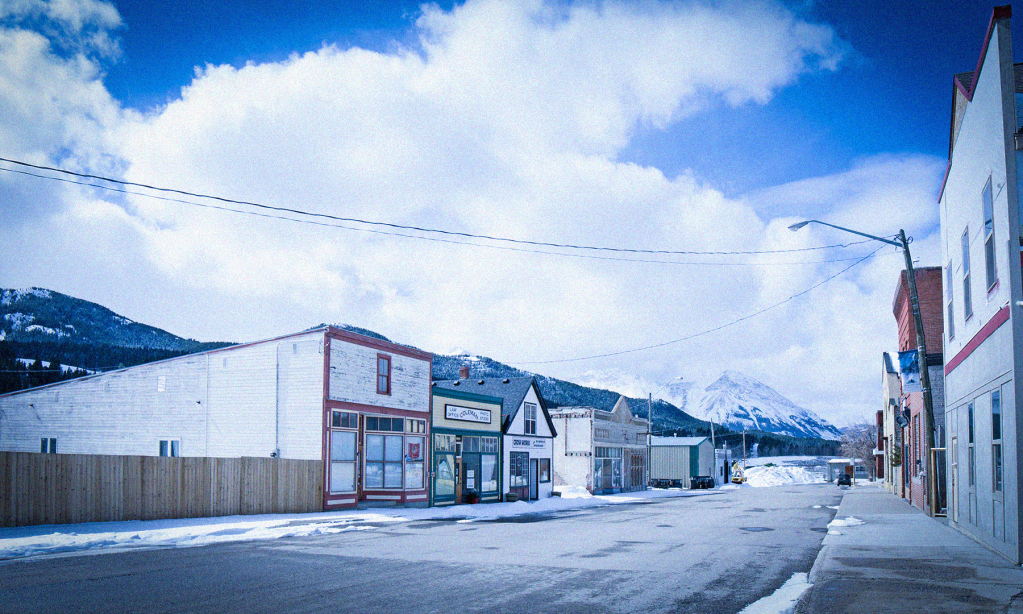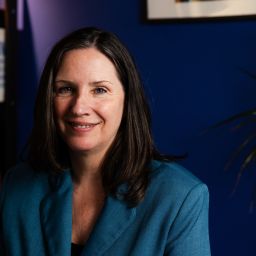It was the late 1990s. Neoliberal policies were taking firm root in Canada, especially in then-Premier Ralph Klein’s Alberta. It was heresy to think about going to that province’s capital, Edmonton, walking into a meeting of the Rotary Club, and tell the story of how worsening income inequality was bad for business.
That is the kind of moxy that former CCPA Senior Economist and now Atkinson Fellow on the Future of Workers Armine Yalnizyan possesses.
The audience was receptive. Yalnizyan was telling them facts and figures that they instinctively understood. They knew the deal.
The next day’s Edmonton Journal reported on Yalnizyan’s talk, featuring new data on rising income inequality in Alberta.
She’d done so in provinces across the country that year, breaking new ground on a conversation that Canadians really weren’t having: the gap between the rich and poor was reversing the “social bargain” that previous generations had built to reduce poverty and grow the middle class.
Premier Klein was not amused. He called on Yalnizyan to get out of Alberta and go back to Toronto. He also tried to get the organization that hosted Yalnizyan kicked out of the University of Alberta, creating a media frenzy that resulted in the unintended consequence of shining an even brighter light on income inequality in that province. Premier Klein had turned a one-day story into a multi-day story. Yalnizyan couldn’t have paid for such publicity. And, thankfully, the Parkland Institute remains ensconce in the University of Alberta to this day.
It’s never easy speaking truth to power, but Yalnizyan can be fully credited with sparking that hard conversation in Canada. The CCPA carries on the tradition, including Senior Economist David Macdonald’s latest CEO pay report that shows Canada’s highest-paid 100 CEOs have broken new pay records (see his article, “CEO pay is out of control in Canada”).
The gap between the rich and the rest of us won’t just magically disappear. The system is hardwired to reward those at the top of the income spectrum.
The gap between the rich and the rest of us won’t just magically disappear. The system is hardwired to reward those at the top of the income spectrum.
Since this is a systemic problem, rampant income inequality reinforces other systemic problems, such as racism, sexism, xenophobia, and colonialism.
The CCPA’s Katherine Scott (see Katherine’s article “Closing the electoral gap”) and Sheila Block, along with her long-time co-author Grace-Edward Galabuzi and others, have furthered this hard conversation by shining a light on the intersectional nature of income inequality.
For instance, at all times during the pandemic, a larger share of Indigenous and racialized households have faced economic hardship compared to white households. On average, between July 2020 to June 2021, 28% of Indigenous Peoples and 31% of racialized households lived with economic insecurity compared to 16% of white households.
The impact of poverty shadows people throughout their lives—even in old age.
Block’s research finds that senior white Canadians enjoy the greatest income security and they also have the most diverse sources of income. Their average income is $42,800—25% higher than Indigenous seniors’ average income and 32% higher than racialized Canadian seniors’ average income.
Racialized seniors have a poverty rate of 19.8%, which is slightly lower than Indigenous seniors’ poverty rate of 21.5% and much higher than white seniors’ 13.7% poverty rate.
This is but a snapshot of the inequities that arise out of sexism, racism and colonialism in Canada, which harms Indigenous Peoples, racialized Canadians, immigrants, and women. Persistent inequality punishes people for generations.
There are solutions. Block and Galabuzi’s research showed that increasing the minimum wage in Ontario reduced the wage gap between racialized and non-racialized workers—in particular, Black women. Governments need to take action to implement such solutions.
Of course, there are even more alternatives to the status quo. Canada was never an equal society, but our tolerance of income inequality today is, to say the least, unbecoming of a wealthy country such as ours.
When will we have reached our limits of tolerating income inequality in Canada? And who do we have to incense to gain more traction in 2023?







